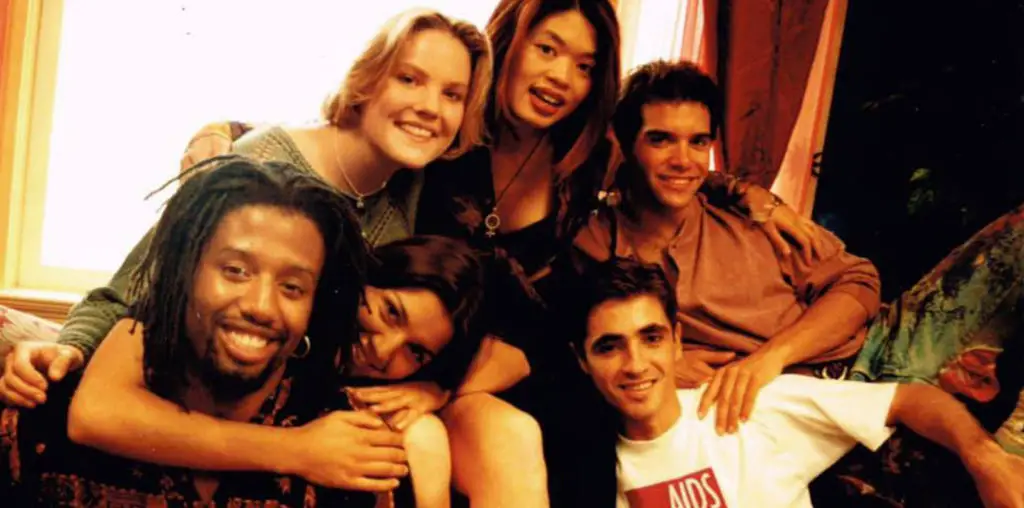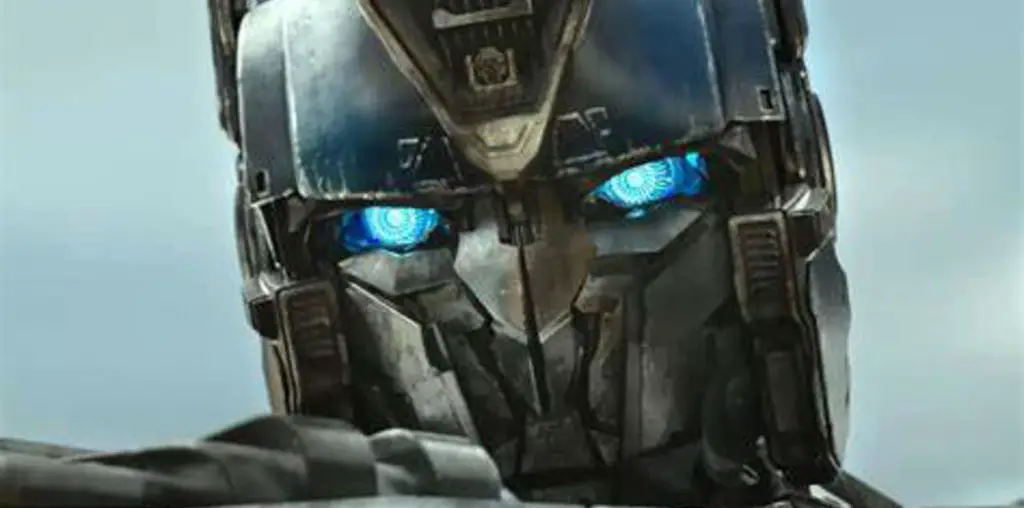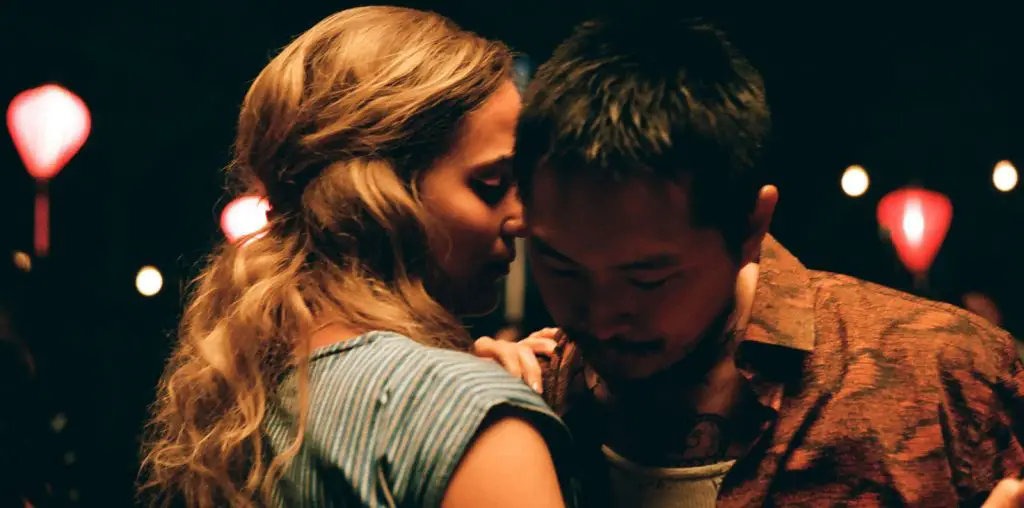
BOOTLEG FILES 351: “Hollywood Squares” (1966-1981 TV game show).
LAST SEEN: Some episodes can be found online.
AMERICAN HOME VIDEO: None.
REASON FOR BOOTLEG STATUS: It has not been available for commercial release in home entertainment channels.
CHANCES OF SEEING A COMMERCIAL DVD RELEASE: It seems unlikely, but stranger things have happened!
Calling something “the best” is a tricky situation, since it is inevitable that someone will question whether that grand title is better placed elsewhere. However, I am happy to go out on that proverbial limb and state – with no shame of exaggeration – that “Hollywood Squares” was the best TV game show of all time.
When I am talking about “Hollywood Squares,” I am referring to the classic daily program that ran from 1966 through 1981. The franchise was revived several times in later years, but those efforts were inferior to the glorious original. However, the staying power of “Hollywood Squares” is driven mostly by nostalgic memories – you had to be watching television in the late 1960s and early 1970s to truly appreciate the appeal of the game.
Part of the appeal of “Hollywood Squares” was its audacious concept: an old-fashioned tic-tac-toe game, albeit with a massive three-level flashing set serving as the game board. In this set were nine boxes, with a celebrity assigned to each box. The celebrities would be asked questions and the two dueling contestants (a male in the “X” role and a female as the “O”) would either agree or disagree on whether the answer was correct. Correct affirmation of celebrity answers would put an X or an O in the box, while incorrect affirmation forfeited the box to the opponent.
Another part of the show’s appeal was its heavy emphasis on comedy. From the start, “Hollywood Squares” was designed to mix laughs with gamesmanship, and the show’s original regulars – Morey Amsterdam, Wally Cox, Abby Dalton, Rose Marie and Cliff Arquette as his comedy character Charley Weaver – were tapped for their quick wits and snappy repartee. Wisely, the show’s host had expertise in building up jokey situations: Peter Marshall was the straight man in the mildly successful act Noonan and Marshall, and he had no problems setting up one-liners. (The original host, the decidedly non-comic Bert Parks, was dropped after the pilot episode, and Marshall beat out another well-known comedy straight man, Dan Rowan, for this gig.)
Throughout the show’s run, comedians were always on hand to keep the funny answers coming. Some comics, such as Jonathan Winters and Don Rickles, had no problems improvising bright responses. Others, however, were provided with an advanced list of joke answers that they matched to whatever questions came their way. These answers, known as “zingers,” became a staple of “Hollywood Squares” – especially when they were risqué comments delivered by Paul Lynde, who reigned as the “center square” for much of the show’s run.
In the mid-1960s, Lynde was a minor comic actor that specialized in playing flustered authority figures in forgettable films. He gained some traction as a frequent guest star on TV sitcoms, but he was hardly considered an A-lister. Lynde’s participation on “Hollywood Squares” was originally incidental – he was an occasional guest during its first two years, and only moved into the center square slot as a last-minute replacement for Jackie Mason, who had abruptly walked off the set during a dispute. While some people might have seen game show appearances as a career demotion, Lynde played “Hollywood Squares” with such vibrancy that it took him to a higher level of stardom. Based solely on his “Hollywood Squares” fame, Lynde’s career expanded into high-paying gigs in regional theater, his own sitcom, a series of TV specials, and two Emmy Awards.
But there was still another part of the show’s appeal – with room for nine celebrities, you never knew who would turn up. And “Hollywood Squares” offered constant surprises by its ability to recruit stars that would never be seen on other game shows. Show biz royalty including Helen Hayes, Gloria Swanson, Ethel Merman, Kate Smith, Gypsy Rose Lee, Ginger Rogers and Betty Grable were guest panelists, while big screen leading men including Glenn Ford, Jack Palance, Walter Matthau, Gene Hackman, Burt Reynolds and George C. Scott were part of the fun. (Scott’s participation was especially surprising – the man who turned down the Academy Award had no qualms answering true-or-false trivia questions on daytime television!) Even the music industry got in on the act, with the likes of Tina Turner, Alice Cooper, Dionne Warwick, Aretha Franklin, Nancy Wilson, Donna Fargo and Dolly Parton making appearances.
In its prime, “Hollywood Squares” was the most popular game show on TV. The daily daytime version was mirrored by an evening version – and if that wasn’t enough, there was a Saturday morning version in 1969 and again in 1977 called “Storybook Squares,” which featured kiddie contestants and celebrity panelists dressed as historic and literary figures. “Hollywood Squares” was a staple of NBC’s programming until its cancellation in 1980; it enjoyed one year in syndication with a Las Vegas-based production before disappearing from the air.
For many years, the original “Hollywood Squares” existed mostly as a happy memory and a much-prized bootleg video title. Absent of a rerun culture for old game shows, grainy videotapes of the program circulated among collectors. It was feared that these bootlegs represented the last remaining evidence of the show – NBC, according to a much-circulated story, felt there was no reissue value and destroyed nearly all of videotapes of the program in order to free shelf space in its warehouses. Among the most popular bootlegs was a reel of ribald zinger answers, one 1969 episode from “Storybook Squares” (supposedly, the sole surviving episode) and a black-and-white kinescope from May 29, 1967, which was believed to be the earliest surviving daytime episode.
However, many of the episodes remained extant. While no one has an exact count (Peter Marshall claims there were more than 3,000 shows surviving on two-inch video masters), fears of a lost classic were unfounded.
But, to date, most of these episodes remain unseen. Cable television’s Game Show Network reran approximately 130 episodes between 2002 and 2003, but declined to run more episodes due to content problems (many of the zingers were, to be charitable, politically incorrect). I suspect there were also problems in clearing performance rights for rebroadcast. (Unless I am mistaken, some programs with highly remarkable guests – including a rare post-“Avengers” appearance by Diana Rigg and Patrick Macnee – fall into the latter category.)
Some complete episodes of “Hollywood Squares” can be found on the Net. Over at iOffer.com, bootleg compilations are available – including a DVD consisting entirely of Paul Lynde zingers. To date, there has been no official home entertainment release on this long-running series. Hopefully, this situation will be corrected in the near future. Until such time, we literally won’t see the likes of this game show again – literally and figuratively.
IMPORTANT NOTICE: The unauthorized duplication and distribution of copyright-protected material, either for crass commercial purposes or profit-free s***s and giggles, is not something that the entertainment industry appreciates. On occasion, law enforcement personnel boost their arrest quotas by collaring cheery cinephiles engaged in such activities. So if you are going to copy and distribute bootleg videos and DVDs, a word to the wise: don’t get caught. Oddly, the purchase and ownership of bootleg videos is perfectly legal. Go figure!



Card Sharks(1978-81)with Jim Perry and Bob Eubanks(1986-89).A more than 30 episode collection of Match Game PM.
I wish more collectors/bootleggers would have *these* TV shows:
Hollywood Squares with these celebrities: Peter Falk, Leonard Nimoy, Victor Borge, Robert Morse (he was in a bunch of them, just check IMDB), Jack Webb.
Mike Douglas Show with Victor Borge, Leonard Nimoy, Robert Morse
Holmes and Yoyo-1976-77 ABC-TV police comedy with John Schuck and Richard B. Schull
That’s Life-1968 musical sitcom with Robert Morse and E.J. Peaker-it lasted 26 episodes-this may or may not be released officially because it would be too expensive to get the rights because of the music used in it. The same thing was said about Laugh-in, but it was released. A clip of the show is on YouTube, where they’re having a party and singing, Reach Out of the Darkness and With A Little Help From My Friends.
The Good Book-1982 kids show hosted by Robert Morse-Bible stories are acted out as skits. episodes include:
Jonah and the Whale
Daniel in the Lions’ Den
Proverbs
Prodigal Son
Adam and Eve
Rich Man and Lazarus
Love Letter
Good Samaritan
David and Goliath?
Samson?
Noah and the Ark?
Moses?
The ones with the question mark are ones I’m not sure about. I have a few of them, though.
Thanks!
Nancy King
Several months ago, in May, I bought 5 of the That’s Life episodes from a place in Canada called, Robert’s Hard to Find Videos. He had 10, but I just ordered 5. They are $9.95 an episode
Does anybody have any footage of Alice Cooper on Hollywood Squares?
Please email me if you do!
Thanks!
Richard
Please email me if you have any Hollywood squares, Mike Douglas, Face the Music, or rare Robert Morse I listed in my post. Thanks!
Nancy King
Please send me a list of all your Betty Grable items for
sale. I have a vast collection of her and would like to
complete it.
Thank you,
Bob Marsh
@Dennis – thanks!
@Thomas – I would agree that the 1970s edition of “Match Game” was a much funnier game show, in that (1) the panelists and host Gene Rayburn were mostly wonderful ad-libbers and (2) the smaller number of panelists – six, as compared to nine on “Hollywood Squares” — enabled the game to move faster. While Lynde got most of the attention on “Hollywood Squares,” the funniest comments actually came from Wally Cox and Charley Weaver. Unfortunately, most of the episodes including those funnymen are not available for new appreciation.
Perhaps Hollywood Squares was the best known show, but it was largely show-biz cheese. The “zingers” were more stale than zingy, especially in the mouths of celebrities who couldn’t tell a joke. In all honesty, the back story of Paul Lynde – heavy drinker and solicitor of gay hookers – is more interesting than anything that appeared on the “Squares.” His story is listed here: http://www.tvparty.com/myslynde.html
There was a far better game show in syndication, which never became all that popular. The Movie Game had minor celebrities like Larry Storch, Alan Seus (of Laugh-In), William Windom and Barbara Feldon guessing movie trivia, two celebs with one ordinary person. There were apparently no writers; the celebs did all the talking, which made it relatively honest and real. It also proved that character actors are often smarter and more likeable as people than big names. They also seemed to have a lot of fun, not having to play the often cliched characters they had to play on screen.
One memory (possibly false) that I had of the show was Red Buttons in a deadlock with the opposing team throughout the week of shows. (The celebs taped a week’s episodes in a single day, with a buffet after doing the Wednesday show.) Buttons’ team lost on Friday, and he pretended to commit seppuku with a samurai sword and slipped beneath the desk. Possibly the only really funny thing Buttons ever did in his career.
Phil –
Nice to see you covering game shows in this column. Please do more.
By the way, love your column! It’s the first thing I check on my computer every Friday.